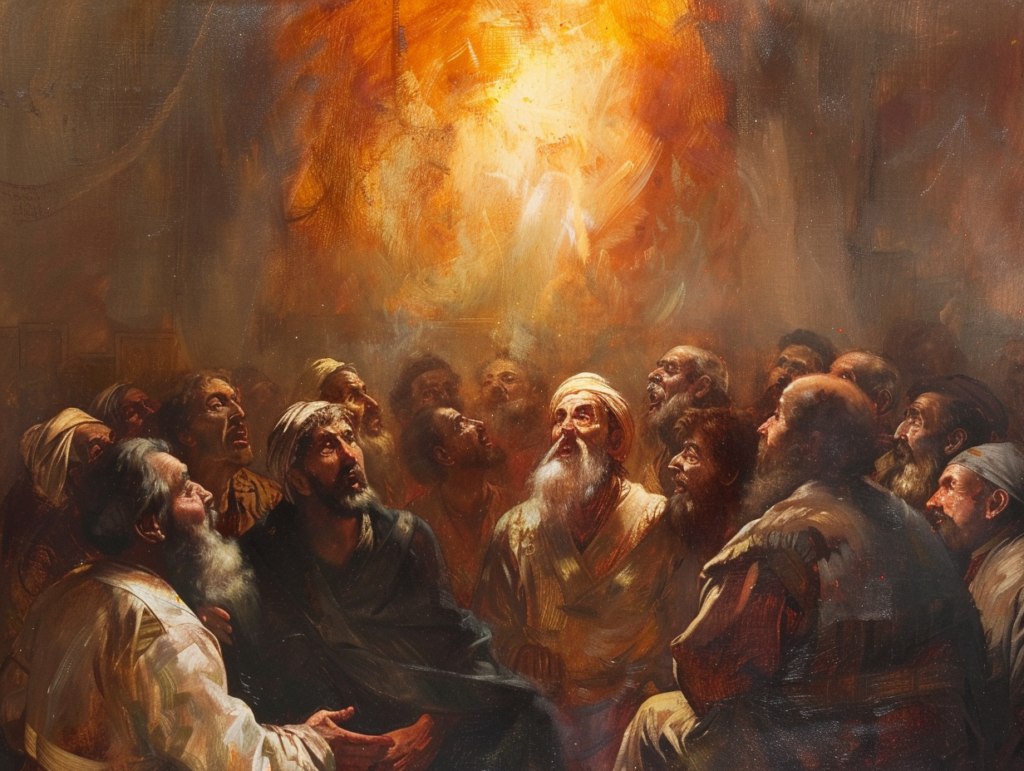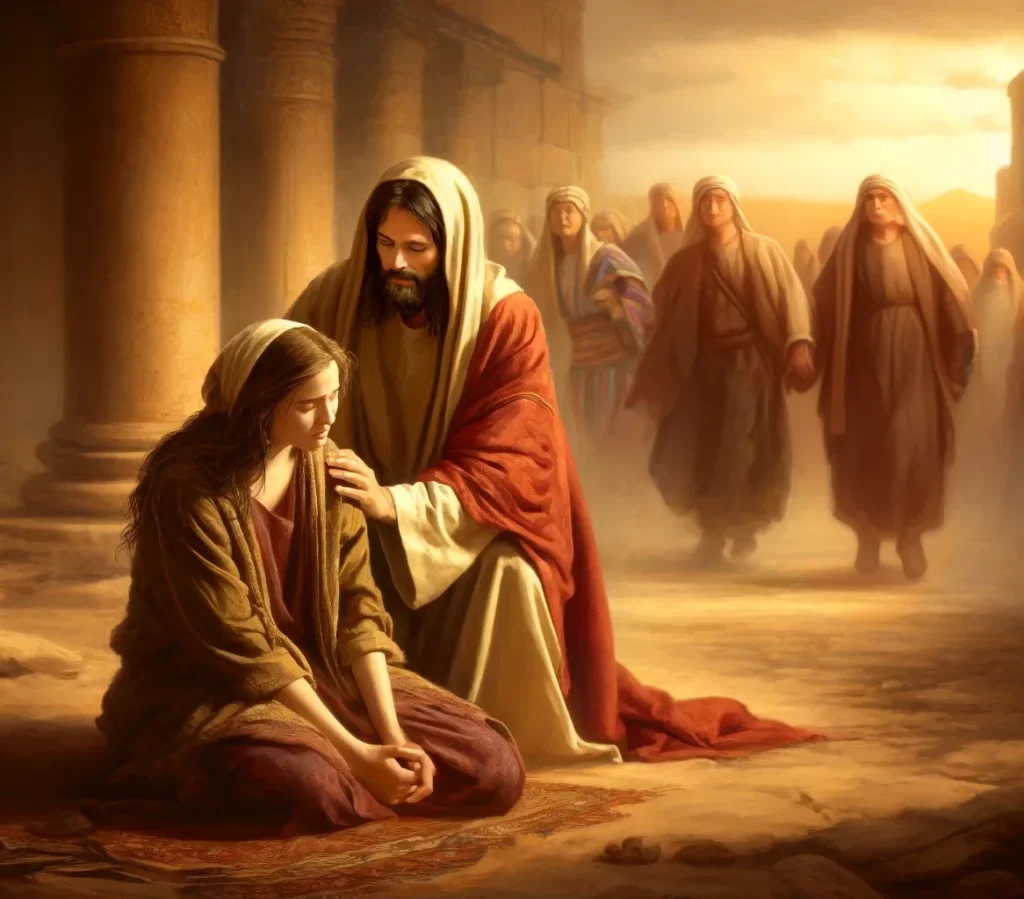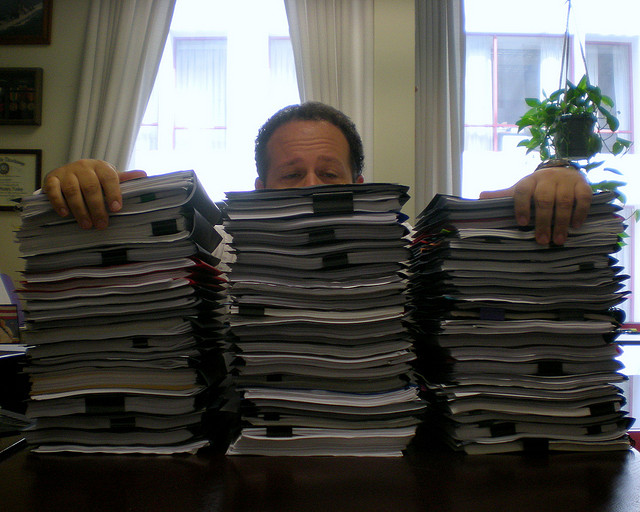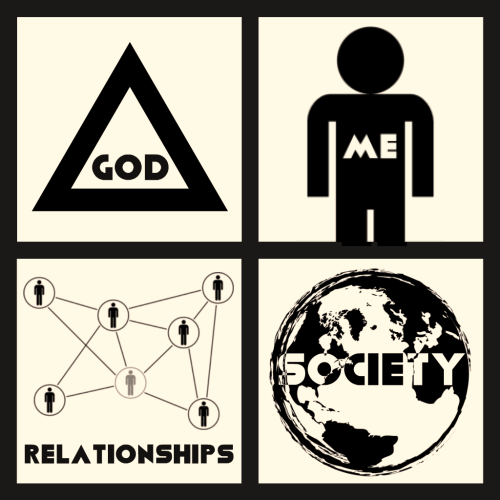“Whose sins you forgive are forgiven them, and whose sins you retain are retained.” These words were spoken by Jesus to his apostles in the Gospel of John (20:23) not long after his resurrection. It’s often associated with Pentecost as it immediately follows Jesus saying, “Receive the Holy Spirit.” His words have often been interpreted as the foundation for the Church’s authority to forgive sins through the Sacrament of Reconciliation (aka confession).
In another post-resurrection account, Jesus asks Peter to be the foundation of the church. And he says to him, “Whatever you bind on earth will be bound in heaven, and whatever you loose on earth will be loosed in heaven.” Again, this verse has been interpreted as speaking to the authority Jesus gave the Church to make doctrinal decisions.
Questioning the Traditional View
But what if we’ve been interpreting these passages too narrowly? What if Jesus’ words are not just about institutional authority, but about the personal choice each of us faces daily—the choice to forgive or to hold on to grievances? To burden or to set free?

Generated with Midjourney
Do we truly imagine Jesus giving permission to his apostles to “go ahead and retain sins” or “go ahead and bind”? There’s no doubt that Jesus’ departure from this earth at the Ascension shows his trust in humanity to continue his mission. But perhaps we’ve read too much into these words of Jesus—so much so that the magisterial ego has taken over. Franciscan priest and spiritual writer Richard Rohr says, “Why do we not use Peter’s power of the keys to unbind the world … and to offer it the full victory of God’s love? Why do we prefer binding to unbinding when Jesus clearly gave us both (Matthew 16:19)?” Was not Jesus’ mission all about unbinding, forgiving, and setting free?
It’s important to note that Jesus’ words about forgiving and retaining sins in John 20:23 come immediately after he says, “Receive the Holy Spirit.” This connection is significant because it suggests that the power to bind and loose is not meant to be wielded independently but in alignment with the guidance of the Holy Spirit. The Holy Spirit is often associated with wisdom, discernment, and the fruits of love, joy, peace, patience, kindness, goodness, faithfulness, gentleness, and self-control (Galatians 5:22-23). When we consider Jesus’ words in this context, it becomes even clearer that he is calling us to exercise the power to forgive or retain sins in a way that is led by the Spirit and bears good fruit. It’s not about a legalistic application of authority but about a Spirit-guided discernment that seeks to extend God’s mercy and love to all.
When I read difficult passages in the gospels I find it helpful to be in the mindset of Jesus. Does this interpretation align with the Jesus I know—a Jesus of empathy, compassion, forgiveness, and freedom? Was there anyone Jesus did not forgive, even his executioners (Luke 23:34)? I think Jesus is saying, “You have the power to do these things—to bind and loose, to forgive or to hold onto sin. I’m giving you great responsibility and great freedom. Make the most life-giving choice.” Indeed he gave the church great responsibility to make choices that affect people’s lives that align with Jesus’ teachings of love and mercy. In fact, forgiveness and unbinding is often the harder thing to do. That’s something Pontius Pilate couldn’t do.
Forgiveness in the Sacrament of Reconciliation
The question of whether Jesus envisioned withholding absolution in certain cases is a complex one. In the Sacrament of Reconciliation it is often said that the priest must judge the penitent’s repentance. Do they sincerely feel sorry for their sins and intend not to sin again? I’m not sure why someone would approach the sacrament if there wasn’t some repentance. But can a priest truly make that judgement or fully know the heart of the person before them? Too often clergy are asked to be judges or “sin managers” rather than pastoral accompanier. When that happens we leave little room for God to be the true judge of the heart. Consider Jesus’ words about the Pharisees: “They tie up heavy burdens, hard to bear, and lay them on the shoulders of others; but they themselves are unwilling to lift a finger to move them.” (Matthew 23:4)
Pope Francis recently told priests that in the Sacrament of Reconciliation, “please, forgive everything, forgive everything. … If you are not capable at that moment of understanding, go ahead: the Lord has understood. But please, do not torture the penitents.”
True freedom is trusting that in God, all will be well.

Generated with DALL-E 3
Binding as Setting Healthy Boundaries
Now there is another way to understand Jesus’ comment on “binding” that I think fits who I believe Jesus to be. Binding can be not about oppression but about boundaries. How do we establish healthy boundaries for ourselves and for one another but not fall into the trap of power and oppression? In the context of civil life and the church, authority is meant to protect and serve the common good. That requires boundaries. For example, the Church may need to set boundaries around its teachings to preserve the integrity of the faith, while still extending mercy and compassion to those who struggle to live up to those teachings. Of course in both the civil and church world, we see that power abused. The power to bind and loose is far more often used to burden and oppress, which diminishes human dignity and the common good.
So perhaps Jesus was indeed calling for a discernment between binding and loosing, a balancing of healthy boundaries but also leaning into mercy when needed. That’s a kind of binding and loosing that puts respect for the person first, rather than the law. It’s what Jesus likely meant when he said, “I desire mercy, not sacrifice” and when he chose not to stone the woman caught in adultery and when he touched lepers and spoke to Samaritans and ate with sinners.
In the end, Jesus’ words about binding, loosing, and forgiving sins may be less about institutional authority and more about the daily choices we make to extend mercy and grace to others, just as he did. It’s hard to believe Jesus would ask us to retain sins when he himself never did. Or to legalistically burden when he challenged unjust authorities. Did he have the power to bind and loose? Of course. But what did he choose? In our own lives, we face daily choices to forgive or hold grudges, to set people free or weigh them down with burdens. We can ask ourselves the simple question: What would Jesus do?
Related posts:
- Forgiveness is a Means to Freedom
- The Bishop with the Candlesticks
- Cultivate Your Faith: Reconciliation
Listen to the podcast version of this post…









Andy,
What beautiful reflections! Thanks to you, I now understand those saiyngs of Jesus differently. You are a Blessing in the lives of all your readers. Gratefully, Bob